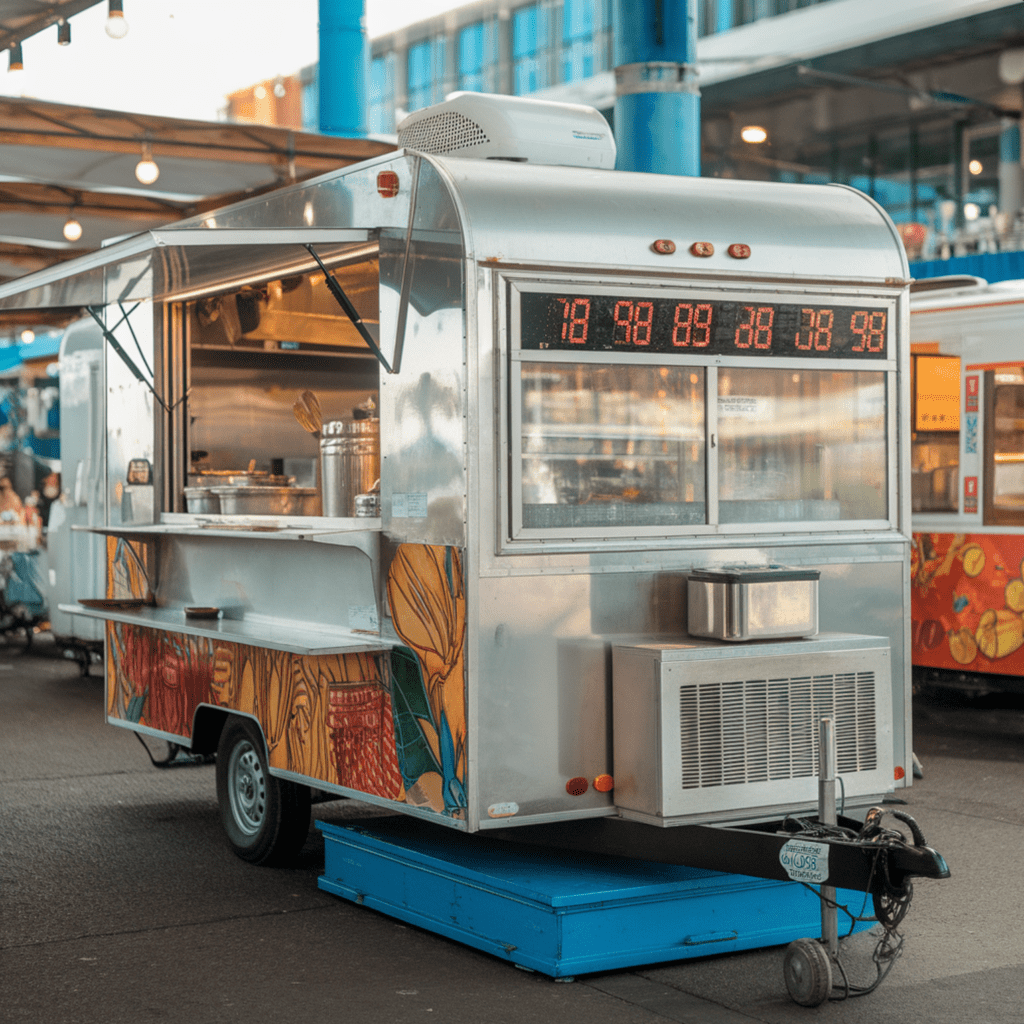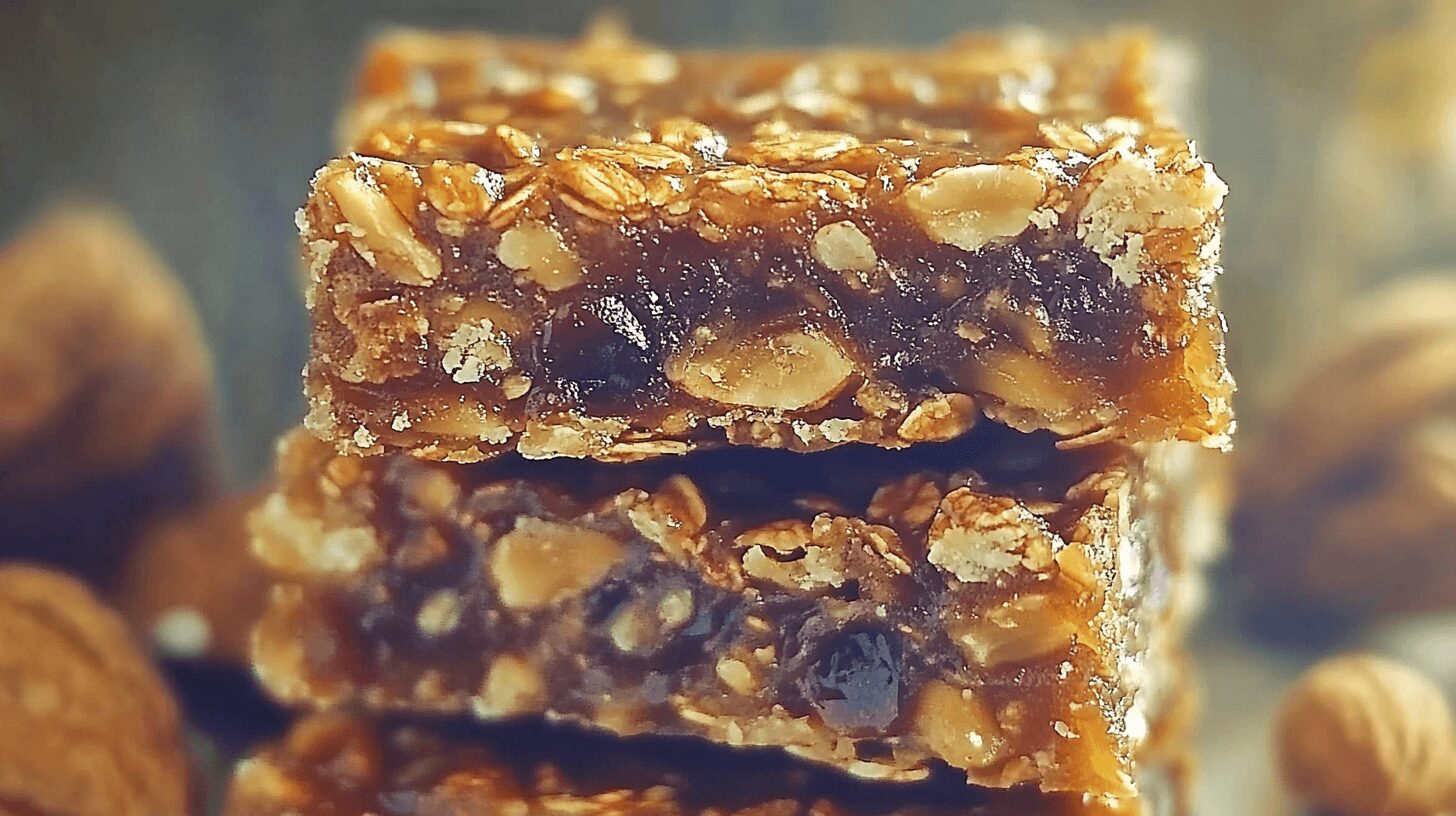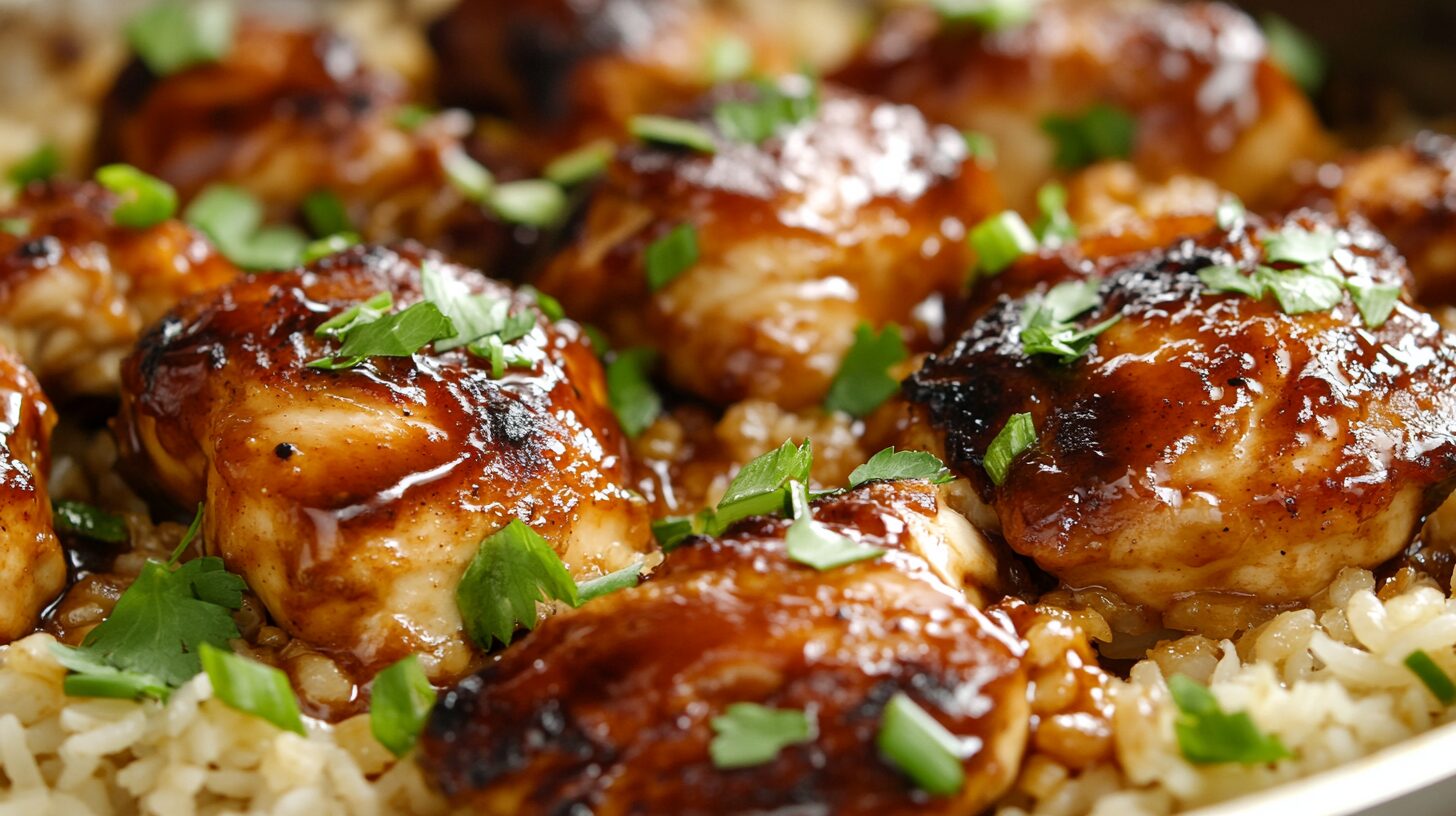Introduction
When planning to start a mobile food business, one of the first questions you’ll likely ask is, “How much does a food trailer weigh?” Understanding the weight of a food trailer is essential, not only for determining towing requirements but also for selecting the right vehicle and ensuring compliance with safety regulations.
In addition, knowing the weight affects your budget, as heavier trailers often incur higher fuel costs and may require specialized towing equipment. Moreover, with so many variations in trailer sizes, materials, and equipment, it’s vital to consider all the factors that contribute to the total weight. Above all, this article provides an in-depth look at food trailer weights, tips for weighing them, and frequently asked questions to help you make informed decisions.
How Much Does a Food Trailer Weigh?
The weight of a food trailer varies based on several factors, including its size, construction materials, and the type of equipment it houses. For instance:
- Small Food Trailers (8–12 feet): These compact trailers typically weigh between 1,200 and 3,000 pounds, making them ideal for businesses just starting out or those with a limited menu. They are easier to tow and often require smaller vehicles, such as SUVs or light-duty trucks.
- Medium Food Trailers (12–20 feet): Falling in the range of 3,000 to 6,000 pounds, medium-sized trailers are a popular choice for businesses that need more space for additional appliances and storage. These trailers strike a balance between being manageable to tow and offering enough room to accommodate more complex operations.
- Large Food Trailers (20+ feet): At the higher end of the scale, large food trailers can weigh 7,000 to 10,000 pounds or more, especially when fully loaded with commercial-grade equipment like fryers, refrigerators, and ovens. These trailers are often used by established businesses serving a diverse menu and require heavy-duty trucks for towing.
In addition, these weight estimates include more than just the trailer’s base structure. Factors such as the appliances, utilities, water tanks, and even the stock of ingredients and utensils significantly contribute to the overall weight. For example, a water tank alone, when filled, can add hundreds of pounds, while large refrigeration units and cooking equipment can weigh several hundred pounds each.
As a result, understanding the weight ranges of food trailers is critical for several reasons. Firstly, it helps in choosing a towing vehicle with the appropriate capacity, ensuring safe transportation. Secondly, it influences fuel efficiency, as heavier trailers demand more power and fuel. Finally, knowing the trailer’s weight ensures compliance with road safety regulations and towing limits, which can vary by region.
Above all, selecting a food trailer that aligns with your business needs, budget, and operational goals requires careful consideration of its weight. Whether you prioritize mobility with a small trailer or need the versatility of a larger one, understanding these weight categories is a key step in making an informed decision.
Factors That Influence Food Trailer Weight
1. Trailer Size and Construction
Trailer size is one of the primary determinants of weight. For instance, smaller aluminum trailers are significantly lighter than larger steel models. Moreover, larger trailers require additional materials, which can increase weight.
2. Equipment and Appliances
Not only does the trailer’s structure add weight, but the equipment inside can also contribute significantly. For example:
- Light equipment like portable grills and small sinks adds less weight.
- Heavy equipment like commercial refrigerators and deep fryers adds hundreds of pounds.
3. Water and Propane Tanks
Water tanks, when full, can weigh several hundred pounds. For instance, a 40-gallon water tank weighs approximately 334 pounds, including the tank itself. Similarly, propane tanks used for cooking and heating also contribute to the total weight.
4. Supplies and Ingredients
In addition, the supplies you stock—such as food ingredients, utensils, and disposable items—add to the weight. On the other hand, optimizing your inventory can help reduce unnecessary weight.
5. Customizations and Add-Ons
Custom features, such as enhanced flooring or additional storage, often make trailers heavier. However, these additions can also increase functionality, making the extra weight worthwhile.
Can a 1500 Truck Pull a Food Trailer?
A 1500 truck, such as the Ford F-150 or Chevrolet Silverado 1500, is a versatile vehicle often favored by food trailer owners for its towing capabilities and reliability. These light-duty trucks are well-suited for pulling small to medium-sized food trailers, making them an ideal choice for many food entrepreneurs. Typically, a 1500 truck can handle trailers with a gross weight of 7,000 to 12,000 pounds, depending on the truck’s configuration, engine power, and towing package.
In fact, most small food trailers, which weigh between 1,200 and 3,000 pounds, and medium-sized trailers, weighing around 3,000 to 6,000 pounds, fall well within the towing capacity of a 1500 truck. This makes these vehicles an excellent option for new or mobile businesses that need a reliable, cost-effective solution for transporting their equipment and supplies.
However, there are several important factors to consider before pairing a 1500 truck with a food trailer:
1. Towing Capacity
While many 1500 trucks have impressive towing capabilities, it’s crucial to verify the specific towing capacity of your vehicle. This information can typically be found in the owner’s manual or on the manufacturer’s website. The truck’s towing capacity should exceed the combined weight of the trailer, equipment, and supplies to ensure safe and efficient operation.
2. Hitch Compatibility
A proper hitch system is essential for towing any food trailer. Smaller trailers may only require a standard ball hitch, while heavier loads may necessitate an upgraded hitch system for added stability. Ensure the hitch is rated for the trailer’s total weight and securely installed to prevent accidents.
3. Braking Systems
Many food trailers, especially those exceeding 3,000 pounds, are equipped with their own braking systems. These trailer brakes are essential for safe stops, as relying solely on the towing vehicle’s brakes can lead to overheating and reduced effectiveness. Ensure your truck is compatible with the trailer’s braking system, and consider installing a trailer brake controller if needed.
4. Transmission and Engine Power
A 1500 truck with a high-torque engine and automatic transmission is better suited for towing heavy loads. Trucks equipped with larger engines, such as V8 models, offer more power and can handle inclines or rough terrain with ease. In addition, a robust cooling system is beneficial to prevent the engine and transmission from overheating during long hauls.
5. Trailer Weight Distribution
Proper weight distribution within the food trailer is vital for safe towing. Uneven weight can cause swaying or difficulty steering, which can be hazardous. Always load heavier items, such as cooking equipment and water tanks, over the trailer’s axle and ensure the weight is evenly distributed side to side.
In contrast, large food trailers, which often weigh 7,000 pounds or more, typically exceed the towing limits of a 1500 truck. For these heavier trailers, a heavy-duty truck like the Ford F-250 or Ram 2500 is a better choice. These vehicles are designed to handle larger loads, offering higher towing capacities, stronger braking systems, and more powerful engines.
Additionally, it’s essential to keep in mind that towing a food trailer doesn’t just impact the truck’s performance—it also affects fuel efficiency. Larger loads increase fuel consumption, which can raise operating costs. Therefore, it’s worth considering the total cost of ownership when selecting a truck for your food trailer business.
In summary, a 1500 truck is an excellent option for pulling small and medium-sized food trailers, provided the trailer’s weight falls within the truck’s towing capacity. By ensuring the right hitch, braking system, and weight distribution, you can safely and efficiently tow your food trailer to events, markets, and festivals. For larger trailers, investing in a heavy-duty truck may be the better option for long-term success and safety.
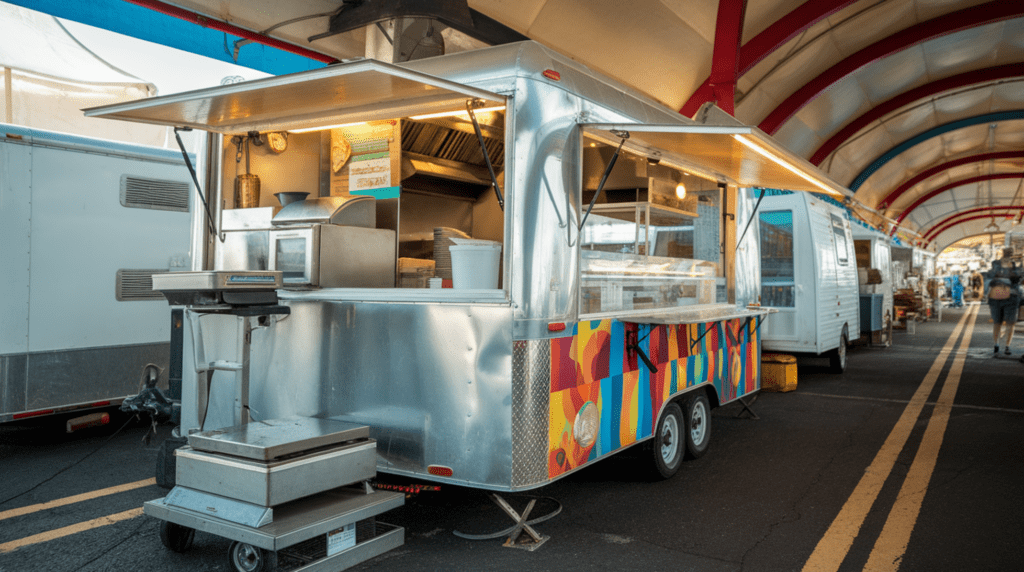
Step-by-Step Guide: How to Weigh a Food Trailer
Weighing a food trailer accurately ensures you’re within safe towing limits. Here’s a step-by-step process:
Step 1: Locate a Public Weigh Station
First, find a public weigh station, which is often available at truck stops. In addition, apps and online tools can help locate one near you.
Step 2: Prepare Your Trailer
Next, ensure your trailer is fully loaded with equipment, water, and supplies to get an accurate weight.
Step 3: Drive Onto the Scale
Position the trailer on the weigh scale, ensuring all wheels are properly aligned. Moreover, follow the weigh station staff’s guidance for accuracy.
Step 4: Record the Gross Weight
Take note of the gross weight, which includes the trailer and its load.
Step 5: Calculate the Trailer Weight
If the trailer is attached to your vehicle, subtract the towing vehicle’s weight to find the trailer’s actual weight. As a result, you’ll have an accurate measure of what you’re towing.
How to Choose the Right Towing Vehicle
Selecting the correct towing vehicle depends on several factors. In addition, it ensures safe transportation and prevents mechanical issues.
1. Towing Capacity
First, check the towing vehicle’s capacity, which should exceed the trailer’s gross weight. For example, if your trailer weighs 8,000 pounds, choose a truck with a capacity of at least 10,000 pounds.
2. Hitch Compatibility
Next, ensure the hitch system is compatible with the trailer’s weight. On the other hand, fifth-wheel hitches are better for heavier trailers.
3. Braking Systems
Trailers weighing over 3,000 pounds often require separate braking systems. In addition, these systems improve safety during emergency stops.
4. Engine Power
Vehicles with high torque engines handle heavy loads better. Moreover, automatic transmission is often recommended for towing.
FAQs About Food Trailer Weights
How Much Does a 20 ft Trailer Weigh?
A 20-foot trailer generally weighs between 5,000 and 7,000 pounds, depending on the materials and equipment.
How Heavy Is a Catering Trailer?
In short, catering trailers weigh between 2,000 to 6,000 pounds, with larger models exceeding 8,000 pounds.
What Kind of Truck Do I Need to Pull a Food Trailer?
For smaller trailers, light-duty trucks suffice. However, for larger models, opt for heavy-duty vehicles like the Ford F-250.
Tips to Reduce Food Trailer Weight
Managing the weight of your food trailer is crucial for enhancing mobility, ensuring safe towing, and reducing fuel costs. By implementing smart design choices and efficient practices, you can significantly lower your trailer’s overall weight without compromising functionality. Here are some practical tips to achieve this goal:
1. Use Lightweight Materials
The construction material of your trailer plays a major role in its overall weight. Choosing lightweight materials like aluminum instead of steel can dramatically reduce the base weight of your trailer. Aluminum is not only lighter but also highly durable and resistant to corrosion, making it an excellent choice for long-term use.
For more insights on choosing the best materials for your trailer, check out our detailed guide on how to build a food trailer. This resource provides step-by-step instructions on designing a food trailer with efficient materials to suit your needs.
2. Optimize Equipment Selection
When outfitting your food trailer, focus on essential equipment that directly supports your menu and operations. For instance, instead of installing multiple large appliances, opt for versatile equipment that can serve multiple purposes. A combination oven, for example, can replace separate ovens and steamers.
Moreover, consider portable or smaller versions of key appliances to save weight. Avoid overloading your trailer with unnecessary appliances that may not be used frequently. Prioritizing essential equipment not only reduces weight but also optimizes the layout of your trailer.
To learn more about equipment selection, visit our article on how to make a food trailer, where we discuss practical tips for outfitting your trailer efficiently.
3. Smart Storage Solutions
Efficient storage solutions can help you minimize clutter and unnecessary weight. Invest in compact and multi-functional storage systems, such as collapsible shelves or stackable containers, to maximize available space. Additionally, use lightweight storage materials, such as plastic or lightweight aluminum, rather than heavier options like wood or steel.
In addition, ensure your storage system is designed to distribute weight evenly across the trailer. Proper weight distribution not only makes the trailer lighter but also improves towing stability and safety.
For more ideas on designing a weight-efficient food trailer, explore our comprehensive article on food trailers. It covers everything from storage tips to equipment layout and design.
By implementing these strategies, you can reduce the overall weight of your food trailer while maintaining functionality and performance. Not only will this make towing easier, but it will also save you money on fuel and wear-and-tear on your towing vehicle.
For further guidance, read our post on how much does a food trailer weigh, which dives into the factors that influence trailer weight and how to manage them effectively. Additionally, check out our breakdown of how much a food trailer costs to understand the relationship between weight, cost, and quality.
Finally, remember that optimizing weight is an ongoing process. Regularly evaluate your trailer’s contents and remove items that are no longer necessary. With these tips and resources, you can create a lightweight, efficient food trailer ready to take your business to the next level.
Conclusion
Understanding the weight of a food trailer is essential for safe and efficient towing. Not only does it help in selecting the right towing vehicle, but it also ensures compliance with safety standards. Moreover, taking into account factors like equipment, construction, and supplies can help you manage weight effectively.
In conclusion, investing in the right food trailer and vehicle ensures smooth operations and peace of mind for your mobile food business.

Chocolate Guinness Cake with Baileys Buttercream

Ultimate Dolly Parton Butterscotch Pie: 5 Sweet Reasons to Try This Classic Dessert
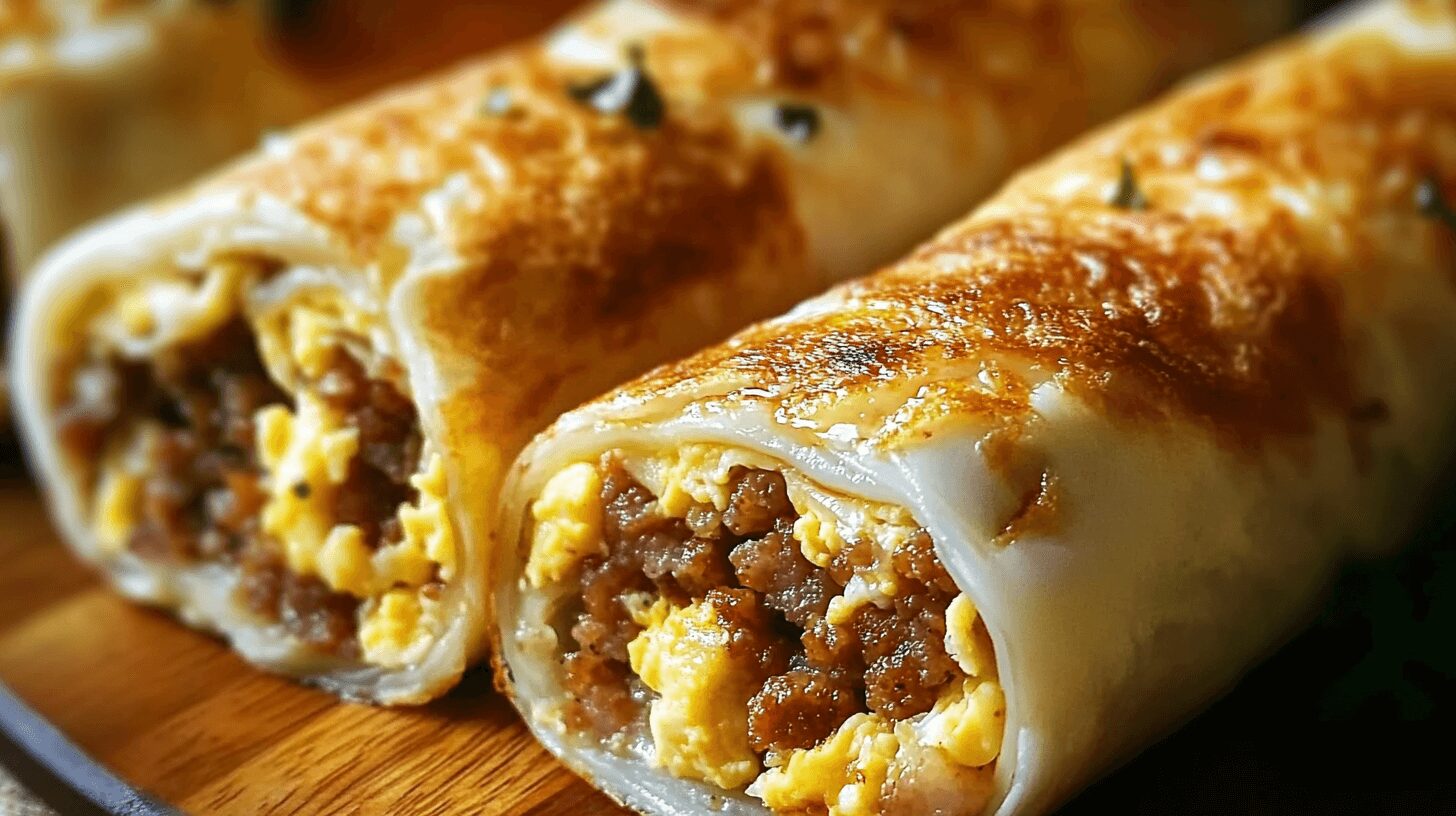
5-Minute Sausage Egg and Cheese Breakfast Roll-Ups: The Perfect Morning Delight
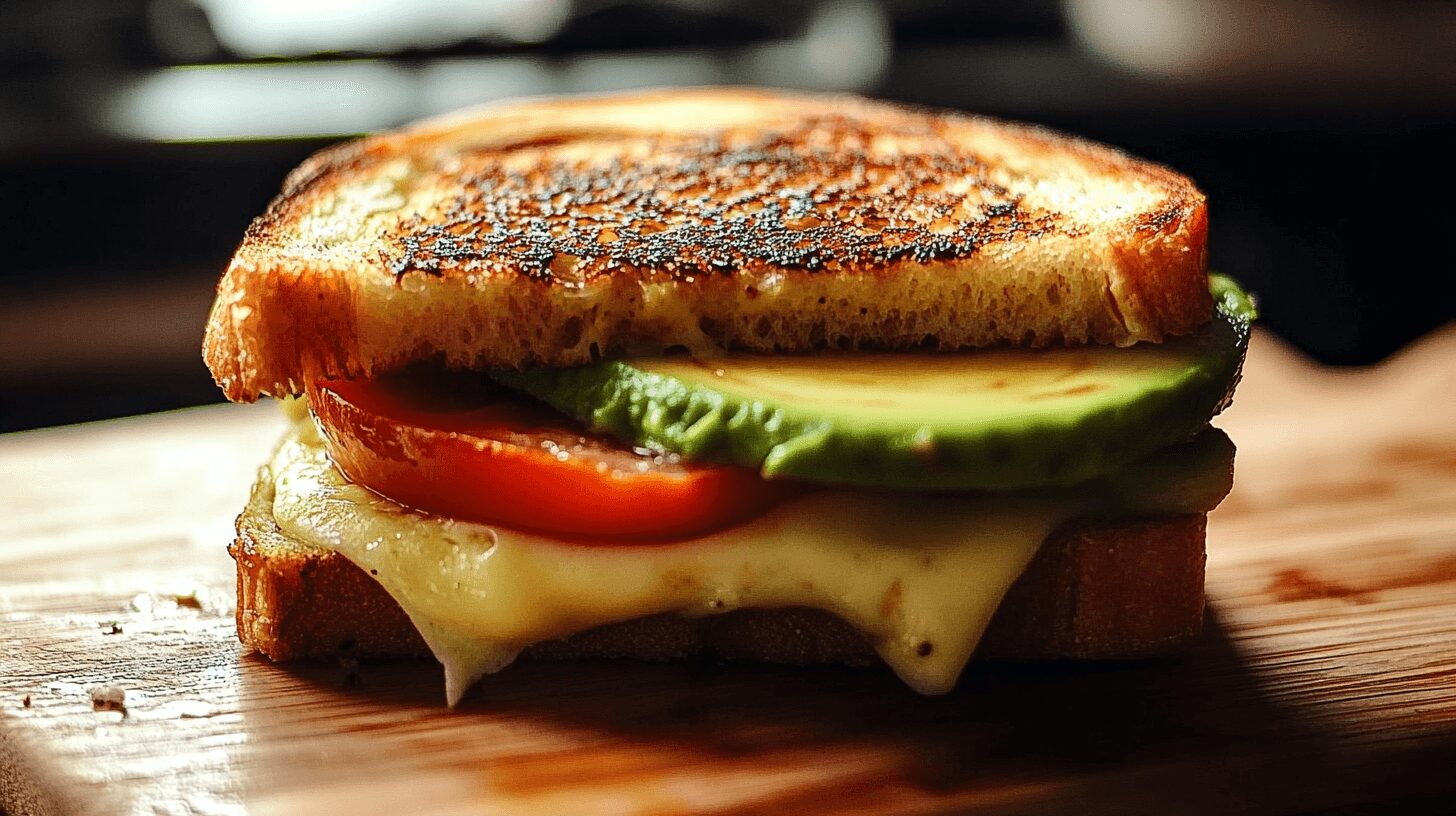
Healthy Avocado Grilled Cheese: 5 Reasons to Try This Nutritious Twist on a Classic

7 Reasons to Love Smothered Potatoes: A Delicious and Nutritious Comfort Food
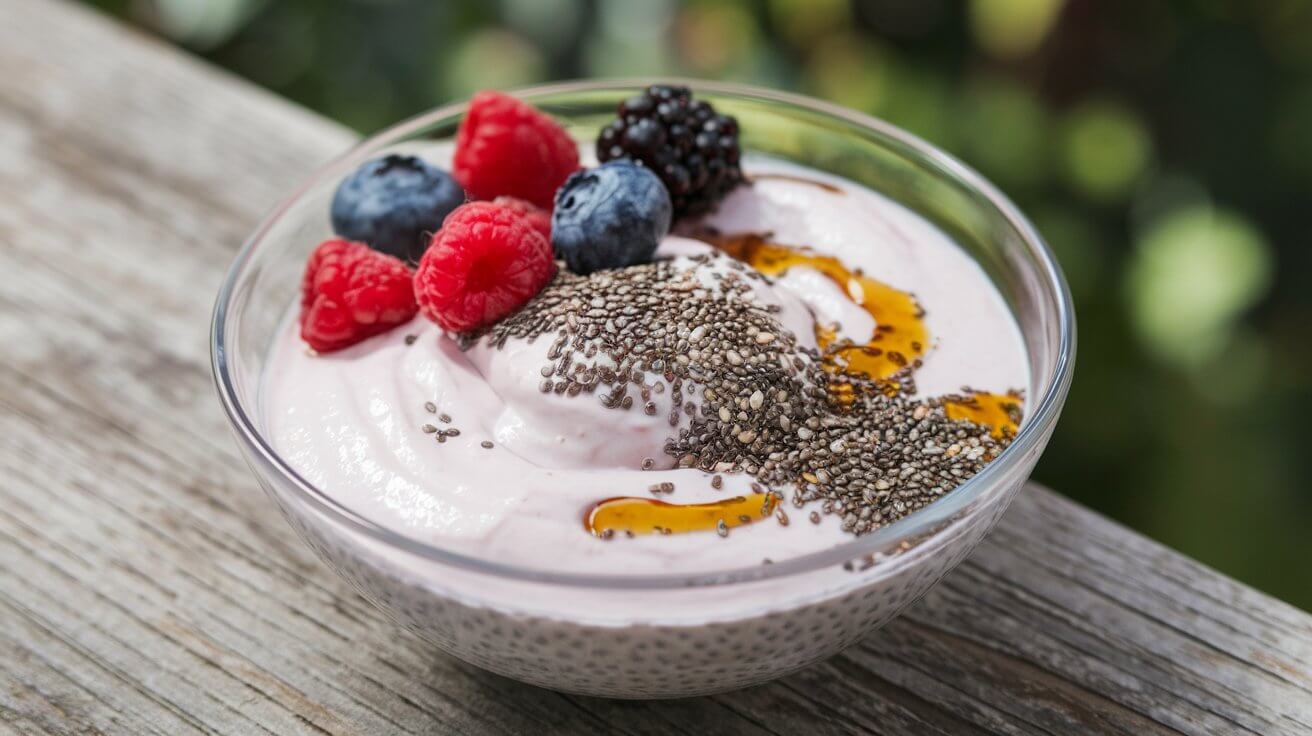
Greek Yogurt Chia Pudding: 5 Reasons This Simple, Healthy Treat is a Game-Changer


